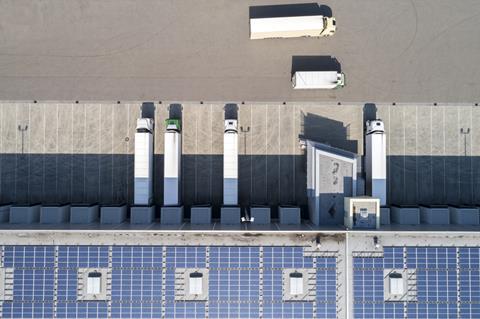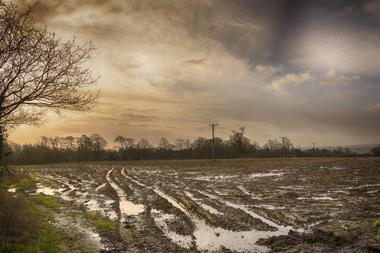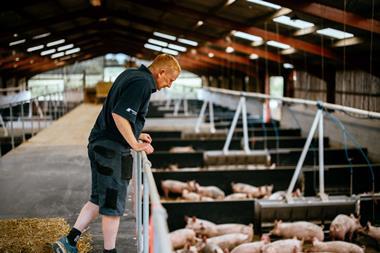
Climate change is no longer a distant threat; it is already here, and the business world is feeling the pressure. From severe weather events to supply chain disruptions and rising operational costs, the impact is undeniable. If companies want to thrive in the future, climate readiness must be integrated into their strategies today.
The challenge is stark: 80% of fmcg CEOs recognise climate change poses a significant risk, yet only 20% are taking decisive action. This is not just a strategic gap – it is a confidence gap. Many businesses feel paralysed, lacking the knowledge and networks needed to make informed decisions. Closing this gap requires more than awareness; it demands education and strong connections.
Some companies are turning climate challenges into opportunities for growth. Premier Foods and Compass Group UK&I are leading by example. Their proactive climate strategies are not just meeting expectations – they are exceeding them, providing a roadmap for others to follow and proving that climate action builds confidence.
In my work with the Future Food Movement, I witness this every day. Leaders across retail, brands, manufacturing, and foodservice are embracing ambitious climate strategies. By tapping into collective knowledge and industry networks, they are not only meeting regulatory demands but also building resilience and securing their futures. They are closing the confidence gap through collaboration and informed action.
At the B Corp Summit this week, I took to the main stage to discuss food systems transformation. In the audience, I saw hundreds of businesses committed to reducing carbon footprints, sourcing ethically, and promoting transparency. Their achievements offer more than inspiration – they provide a practical blueprint for others.
However, real progress requires a collective effort. It is the people – employees, leaders, and consumers – who are making this transition happen, supported by the right networks and resources. Many of these individuals are overcoming their own confidence gaps by engaging with new and diverse networks and resources that support climate readiness.
The B Corp community in the UK is a shining example of how things can be done. Companies like Cook are proving profitability and sustainability can go hand in hand. Shared knowledge and strong networks are driving climate action and helping businesses navigate the challenges ahead.
At Future Food Movement, our network now represents over half of the UK grocery market and nearly £150bn in food revenue. But this transition is not just about the big players; it is about every individual involved and investing in their future. People are at the heart of climate readiness, driving innovation, holding each other accountable, and pushing for sustainable practices.
The time for hesitation is over. Businesses can no longer afford to wait. Climate action is essential for both future resilience and immediate survival. It begins with setting clear goals and fostering the right behaviours: embracing curiosity, questioning current practices, and committing to collaboration. Adaptation is not optional – it is critical for long-term success.



















No comments yet